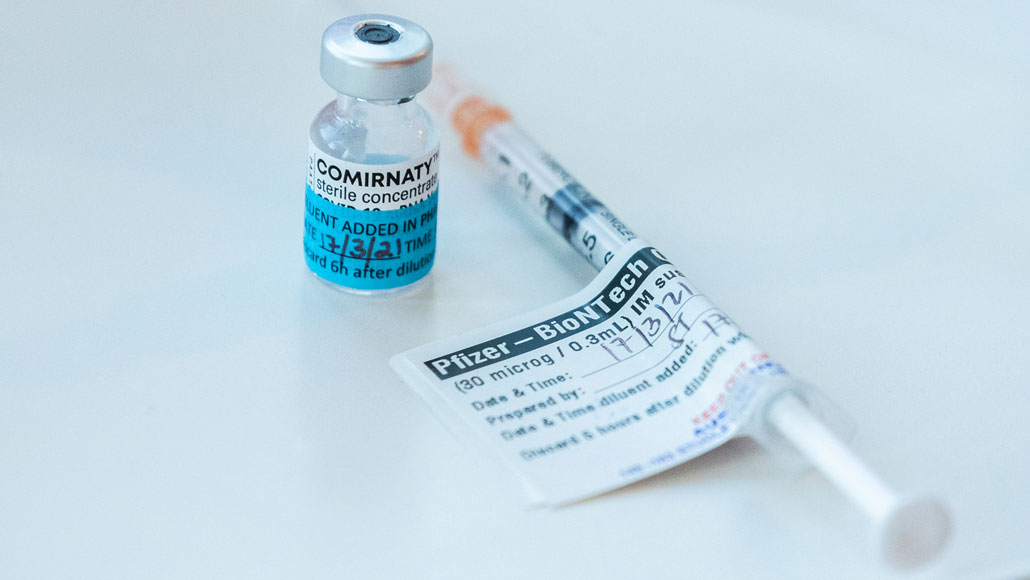Pfizer says its COVID-19 vaccine has 100 percent efficacy in young people
None of the vaccinated 12- to 15-year-olds had symptoms and the shot’s side effects were mild

Vaccinating kids will be essential to ending the pandemic. Pfizer and BioNTech's COVID-19 vaccine is highly effective in 12- to 15-year-olds, the pharmaceutical company announced March 31.
Asanka Ratnayake/Getty Images







